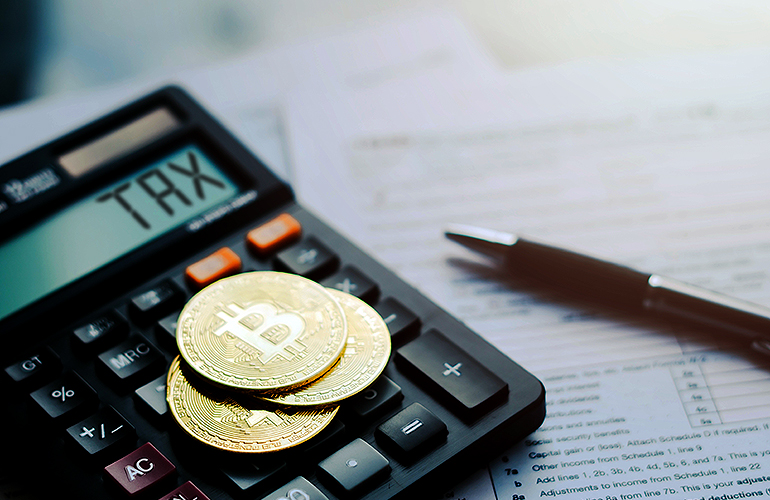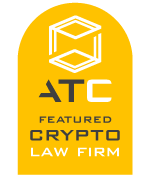
Crypto Tax Basics: Capital gains on stable coins? In Canada, the rules can be confusing.
Aaron Grinhaus
While most questions about digital asset taxation are largely settled in Canada, there are still a number of rules that cause confusion, particularly given some of the recent changes to the way capital gains are taxed. In particular, one question we often receive is: “if I buy and hold crypto currency that substantially goes up in value, and then I trade it into a stable coin, do I get taxed?”
Let’s lay out an example:
I buy some Bitcoin at $500. I hold it for 1 year, at which time it is worth $1,000. I then trade it into USDC in order to preserve the value. Is there a tax consequence even though I didn’t realize any cash?
In this situation the answer to whether a taxable capital gain must be declared as income,
unfortunately, is yes. In the scenario above, I would have to declare a capital gain of $500 on that transaction.
Bought at $500 then changed into $1000 in USDC = $500 CAPITAL GAIN to declare.
This is not the end of the story though. In Canada, capital gains are preferentially taxed: for an individual in one tax year, for the first $250,000 of capital gains, only 50% comes into income, to which you then apply your marginal rate. After that, 67% comes into income. So how do we know if an asset is a capital gain or not? There are a number of factors which must be considered to see if your actions constitute a business activity which would NOT be a capital gain, including but not limited to:
Recent changes to capital gains taxes have made the overall tax rates for capital gains in Canada between 20%-40%, which are among the highest in the world. The good news is that you have options. Certain offshore and International jurisdictions have little to no capital gains tax, and so if you are facing significant capital gains in the near future you may wish to consider the options available to you. Please contact us to discuss how we can help structure your holdings in a tax efficient way in order to mitigate the tax liability on your digital assets.



